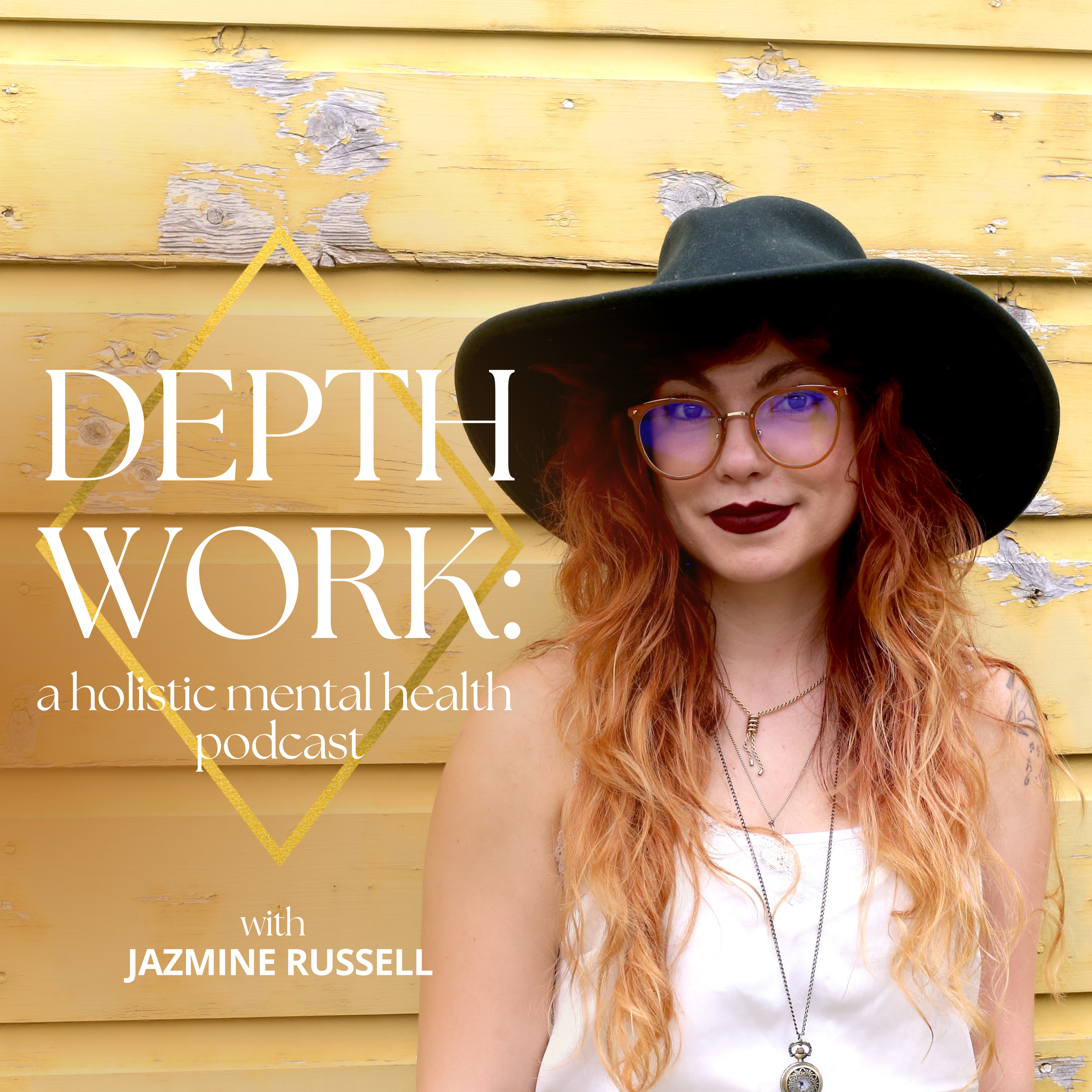Holistic Mental Health : What Are The Roots of Mental Health Concerns?
Mental health concerns have multiple roots and many contributing factors. We cannot reduce mental health symptoms to a single cause or origin. We are dynamic human beings, and need many pathways for healing. The term ‘holistic’ is often used to elicit the concept of mind-body integration, however, in this episode, we’ll be discussing what a truly holistic framework for mental health looks like, including the questions we can ask ourselves when we are trying to understand how to navigate mental health concerns.
“The questions we ask ourselves when we’re in the midst of crises have the potential to either liberate or confine us.”
Also in this episode:
values and principles of holistic health that mental health field and practitioners can begin to adopt
de-pathologizing mental health concerns
6 questions to ask yourself about root causes influencing your mental health
“Fundamental beliefs we have about mental health concerns need to shift. Most importantly, the idea that mental health concerns are pathologies - that there is something broken in a person that needs to be “fixed”. We can support people that are suffering while acknowledging that mental health crises are opportunities that can teach us what needs to be changed - not just in our lives but in society at large.”
Depth Work - A Holistic Mental Health Podcast
This is a space for those who love to dive into the underbelly, to revel in the mystery, question assumptions about what is normal, play in both/and, and honor the wide range of human emotions.
As a complex trauma survivor, holistic counsellor and co-founder of a mental health institute, I learned that there is immense wisdom in our pain and what we call crazy is just what we are yet not willing to understand and explore. Let’s dive in!
Useful resources from this episode :
Holistic Health Principles:
https://ahha.org/selfhelp-articles/principles-of-holistic-medicine/
Dube, et al(2009). Cumulative childhood stress and autoimmune diseases in adults. https://www.ncbi.nlm.nih.gov/pmc/articles/PMC3318917/
Jeppesen, & Benros, (2019). Autoimmune diseases and psychotic disorders. https://www.frontiersin.org/articles/10.3389/fpsyt.2019.00131/full
Read, et al (2005). Childhood trauma, psychosis and schizophrenia: a literature review with theoretical and clinical implications. https://onlinelibrary.wiley.com/doi/10.1111/j.1600-0447.2005.00634.x
Yehuda & Lehrner (2018). Intergenerational transmission of trauma effects: putative role of epigenetic mechanisms














